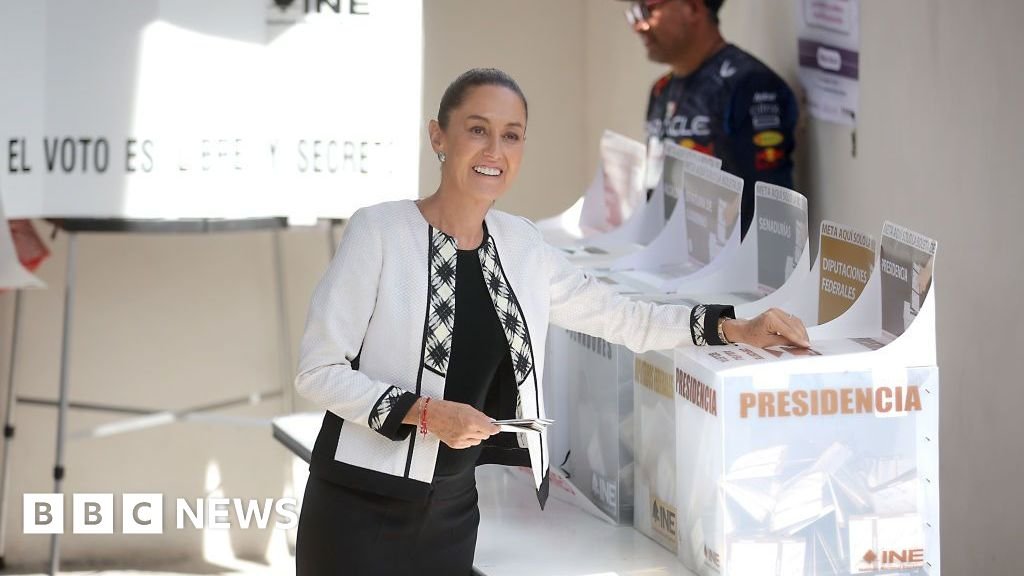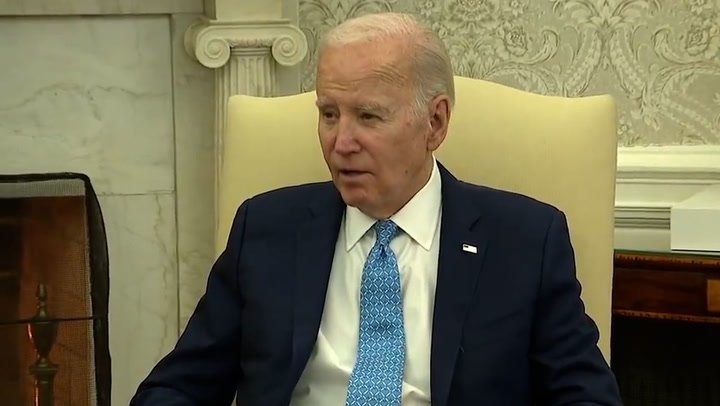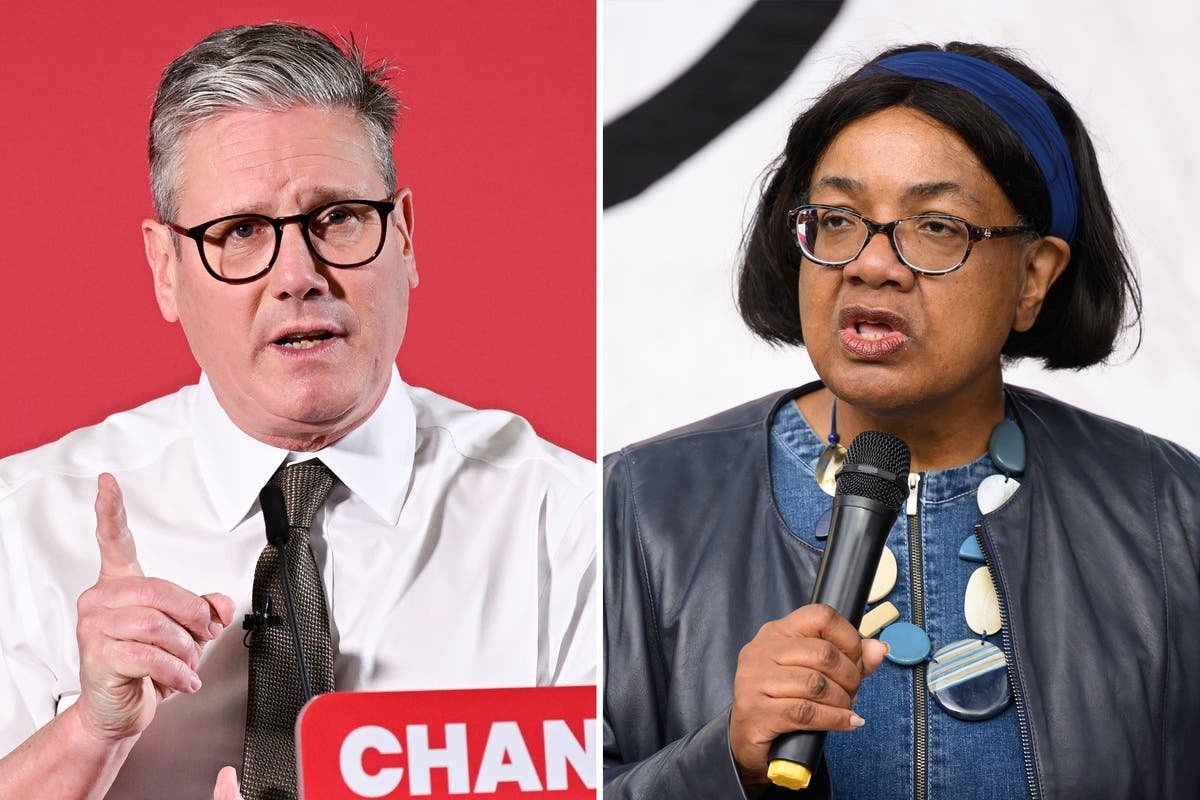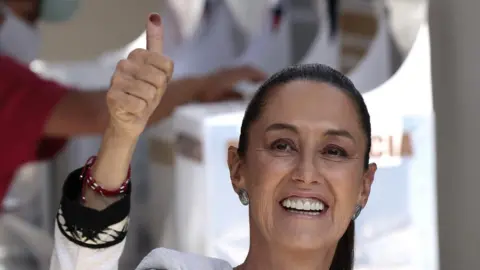 Efe
EfeClaudia Sheinbaum is set to become Mexico’s first woman president in an historic win, exit polls suggest.

The 61-year-old former mayor of Mexico City is projected to win 56% of the vote in Sunday’s election, convincingly beating her main rival, businesswoman Xóchitl Gálvez.
Preliminary results also give her a wide lead.
If the exit polls are confirmed, Ms Sheinbaum will replace her mentor, outgoing President Andrés Manuel López Obrador, on 1 October.
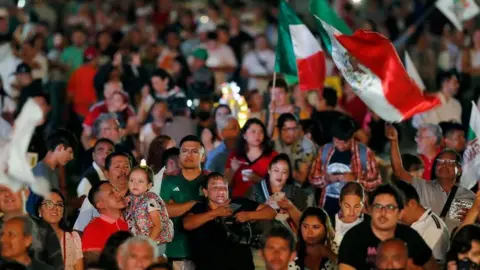 EPA
EPAMs Sheinbaum has promised continuity, saying that she will continue to build on the “advances” made by Mr López Obrador.
Their Morena party has already claimed victory – but Ms Gálvez urged her supporters to wait for the official results, expected to be announced early on Monday.
Mario Delgado, the president of Morena, called the election a “stellar moment in the history of our country”.
Supporters started to arrive at the Zócalo, Mexico City’s main square, with banners reading “Claudia Sheinbaum, president” to celebrate her projected win after five exit polls gave her a wide lead.
A preliminary tally by Mexico’s National Electoral Institute after almost 10% of votes had been counted put her at 58%.
The election, which pitted Ms Sheinbaum against Ms Gálvez, has been described as a sea change for women in Mexico.
 Reuters
ReutersEdelmira Montiel, 87, said that she was grateful to be alive to see a woman elected to the top office.
“Before we couldn’t even vote, and when you could, it was to vote for the person your husband told you to vote for. Thank God that has changed and I get to live it,” she told Reuters news agency, referring to the fact that women were only allowed to vote in national elections in 1953.
While the fact that the two front-runners were women was widely celebrated, the campaign was marred by violent attacks.
As well as a new president, voters were also electing all members of Mexico’s Congress and governors in eight states, the head of Mexico City’s government, and thousands of local officials.
And it was local candidates in particular who were targeted in the run-up to the vote.
The government says more than 20 were killed across Mexico, although other surveys puts the total at 37.
Xóchitl Gálvez, Ms Sheinbaum’s rival, harshly criticised the government and her rival in the presidential race for the violence which blights large parts of Mexico.
She promised to be “the bravest president, a president who does confront crime” if elected, but failed to provide many details about how she would tackle the powerful criminal cartels which are behind much of the violence.
Mr López Obrador, who has been in power since 2018, was barred from running for a second term under Mexico’s constitution, which limits presidents to a single six-year-term.
Having the backing of the popular president, who has an approval rate of close to 60%, gave Ms Sheinbaum’s campaign a huge boost.
Many of those voting for Ms Sheinbaum said they backed Morena’s programme to alleviate poverty and wanted to see it continued.
The party boasts about how millions of Mexicans have been lifted out of poverty during the past six years.
Economists have pointed out that there are also other factors at play, such as a rise in remittances being sent by Mexicans living abroad to their families at home, but voters appear to have backed what they see as a winning formula.

